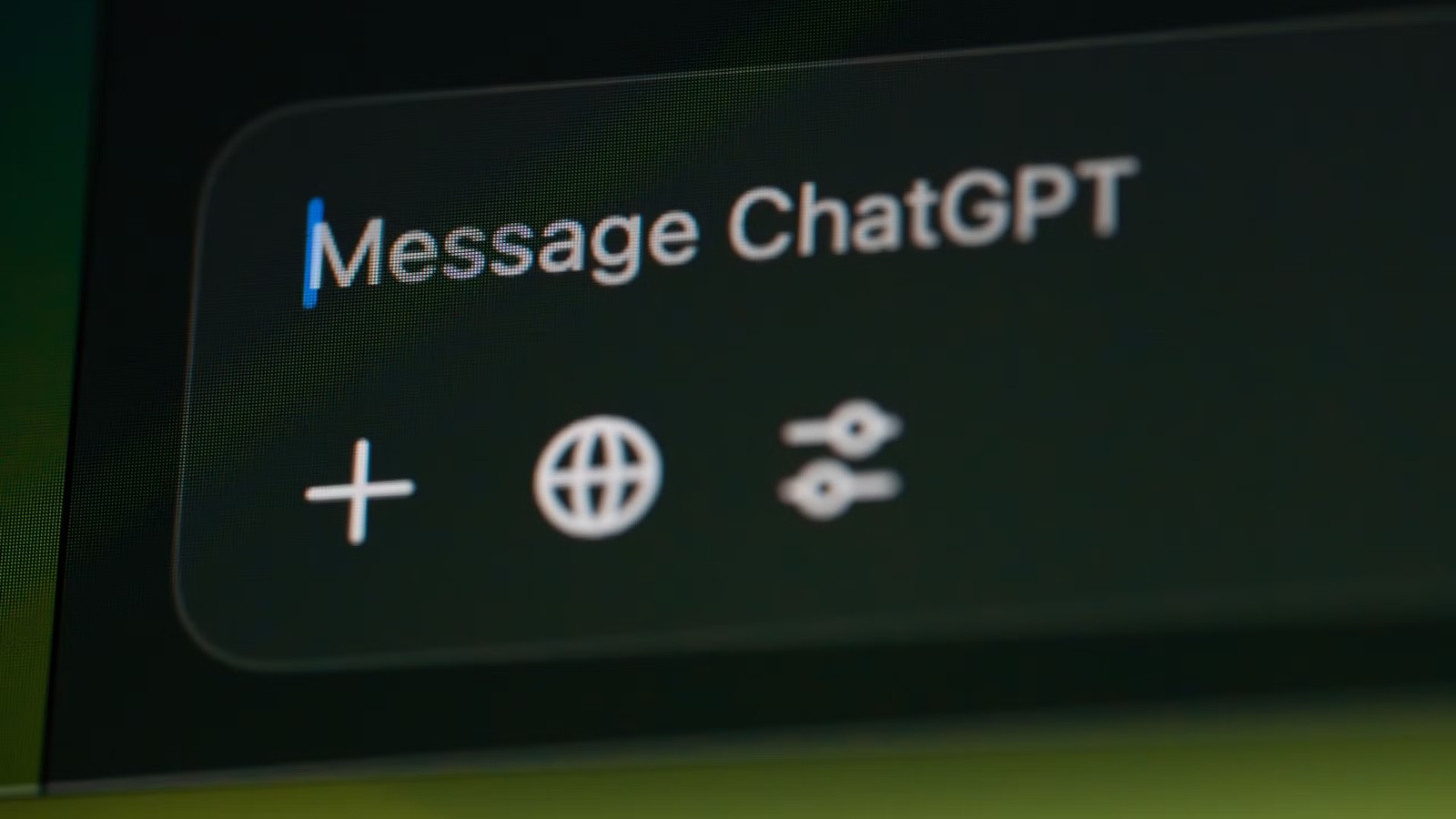A recent admission by OpenAI CEO Sam Altman has set off a heated discussion regarding internet courtesy and energy use: each time customers utter a "please" or "thank you" to ChatGPT, it's taking a toll on the firm-and the earth-money and watts. Based on Altman, all those courtesy words added up to "tens of millions of dollars" in running expenses for OpenAI because each additional word adds to the computational burden on the company's servers.
The Price of Courtesy
Every prompt sent to ChatGPT is processed by powerful data centers, which consume significant amounts of electricity. Adding pleasantries like “please” and “thank you” might seem trivial, but they require the AI to process more data, resulting in higher energy usage and costs. With AI already accounting for about 2% of global electricity usage-a figure expected to rise-these small acts of politeness are having a measurable impact on both the environment and OpenAI’s bottom line.
Should We Get Rude?
Technically speaking, there's no use being polite to AI. ChatGPT doesn't feel and isn't conscious, and it processes direct instructions just as well as polite ones. According to Altman, there is "no practical justification" to use superfluous words with a machine that can't be offended or delighted.
However, Altman also referred to the expense as "tens of millions of dollars well spent," with the caveat, "you never know." This qualified support suggests a more profound cultural and psychological worth in keeping up appearances of politeness, even with computers.
The Human Angle
Surveys indicate that over half of AI users always speak politely to chatbots, viewing it as a means of retaining human manners and politeness in a more technological world. Most users indicate that being polite makes them feel more at ease with technology and allows them to keep things normal, particularly as AI systems become increasingly part of everyday life, such as in education, healthcare, and personal relationships.
Interestingly, users have picked up on slight variations in ChatGPT's answers when they are courteous, with the AI at times providing more elaborate or welcoming responses, although it is not designed to "feel" offended or grateful.
The Verdict
Whereas losing "please" and "thank you" will cut down on resources and expense, plenty of users-and even OpenAI executives-perceive worth in sustaining these little amenities. Whether or not it is about retaining human values, imparting children electronic etiquette, or merely being content with our dialogue with machines, the controversy of AI politeness is a very far cry.
While AI is making our daily lives more comfortable, the question is: Is the price of courtesy a cost worth paying?
Relevant Sources: The New York Times, The Jerusalem Post, Tom's Guide, USA Today, The Economic Times
